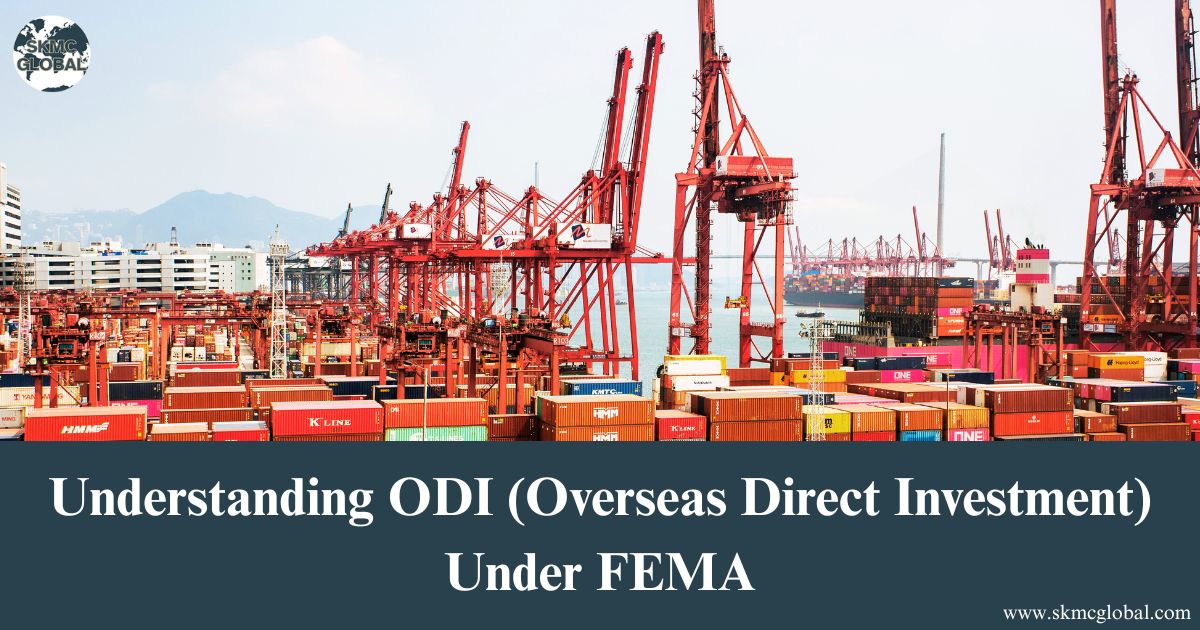
In a more globalized economy, companies do not view international borders as insurmountable barriers but as opportunities. For Indian firms that wish to increase their presence worldwide, Overseas Direct Investment (ODI) becomes the strategic weapon. ODI enables Indian organizations to invest in foreign firms and venture into overseas markets, reach new consumers, access technology, and build their value worldwide. Yet, such investments are regulated by a framework of organized rules under the Foreign Exchange Management Act (FEMA), 1999.This blog intends to demystify the idea of ODI and discuss its regulation under FEMA.
What is Overseas Direct Investment?
Overseas Direct Investment is an investment by Indian entities in the equity capital or debt securities of a Joint Venture (JV) or Wholly Owned Subsidiary (WOS). This can be done through:
- Subscription to the foreign entity's memorandum,
- Purchase of listed shares,
- Investment in convertible instruments, or
- Financing by loans or guarantees to overseas parties.
The intention is not mere passive investment but involvement in active management of the foreign enterprise.
Legal Environment: FEMA and RBI Regulations
The main law that regulates ODI is FEMA, 1999, which is regulated by the Reserve Bank of India (RBI August 2022 saw the notification of the most recent comprehensive regulations on foreign investments, which include:
- Foreign Exchange Management (Overseas Investment) Rules, 2022
- Foreign Exchange Management (Overseas Investment) Regulations, 2022
- Foreign Exchange Management (Overseas Investment) Directions, 2022
These directions brought together the earlier dispersed regulations and clarity, particularly with respect to definitions, allowable structures, and procedural expectations.
Forms of ODI under FEMA
ODI under FEMA is generally categorized into two routes:
1. Automatic Route
Under the automatic route, no advance approval by the RBI is needed. Indian entities may invest in a foreign JV or WOS up to a specified limit (generally 400% of the net worth based on the latest audited balance sheet) without approval, subject to fulfillment of all eligibility criteria.
2. Approval Route
If the proposed investment is not in line with the sanctioned limits or terms (such as investment in strategic industries such as real estate or banking), prior RBI approval is required. Applications are considered on a case-by-case basis, keeping in mind the merits and financial sense of the proposal.
Who Can Make ODI?
The following Indian organizations are eligible to make ODI:
- Companies incorporated in India
- Limited Liability Partnerships (LLPs)
- Registered partnership firms
- SEBI-registered mutual funds and venture capital funds
- Proprietorship issues (in rare circumstances)
But ODI can also be made by individuals in limited situations under the Liberalised Remittance Scheme (LRS), subject to certain conditions.
Modes of Investment
ODI may be made by:
- Equity Capital: Acquisition of shares of the overseas company.
- Debt Instruments: Advance of loans to JV/WOS overseas.
- Guarantees: Corporate or performance guarantees for the foreign entity.
- Swap of Shares: Purchase of shares of the foreign company in exchange for shares of the Indian company.
Permissible and Non-Permissible Investments
According to the recent rules, ODI is not allowed in:
- Real estate (other than construction/development of townships)
- Gambling and betting
- Indian Rupee linked financial products (unless otherwise permitted)
- Investments in strategic industries such as defence, energy, or banking would need extra checks and approvals.
Compliance Requirements
Compliance with ODI rules is stern and involves:
1. Form FC:
Any investment should be notified to RBI on Form FC within 30 days from the date of investment made.
2. Annual Performance Report (APR):
The Indian investor should furnish an APR annually for each JV/WOS overseas, reporting the performance and financials of the foreign company.
3. Reporting of Disinvestment:
On sale or transfer of the overseas investment, Form FC should be utilized once again to report the disinvestment.
4. Valuation Requirements:
A qualified valuer (Category I Merchant Banker or Chartered Accountant) must perform the valuation in acquisition or transfer cases, especially when cash or shares are being swapped.
Recent Developments & Trends
The 2022 amendments brought more flexibility and simplification:
- Indian entities can now invest in foreign entities even if they are in financial services, with certain conditions.
- Round-tripping clarity: ODI is prohibited if the arrangement involves circumvention of Indian law or tax requirements.
- Relaxation in reporting schedules and acceptance of additional instruments as valid investment modes.
These policy adjustments align with India's goal of promoting economic diplomacy and global competitiveness.
Why ODI is Important for Indian Business?
Overseas Direct Investment helps Indian businesses:
- Access new technology and know-how
- Penetrate untapped markets
- Establish a global brand
- Hedge against risks of the domestic market
- Develop synergies with global partners
It is not just a money matter but a business strategy that requires sensitive planning and regulatory adherence.
Conclusion
ODI is a window of opportunity for Indian companies to emerge as international players. While FEMA rules provide a secure and transparent vehicle for such investments, it is important for companies to remain updated and compliant. One slip or gap in reporting or structure can attract penalties and damage reputation.
With the recent reforms making the process easier and India's growing influence in the world economy, ODI is set to become the new standard strategy for prospective Indian companies. To make sure that the changing legal and regulatory environment is followed, it is still best to seek professional advice from FEMA Consultants.
Recent Posts
-
 Customs Detention of Goods: How It Works, Demurrag...
Dec 16,2025
Customs Detention of Goods: How It Works, Demurrag...
Dec 16,2025
-
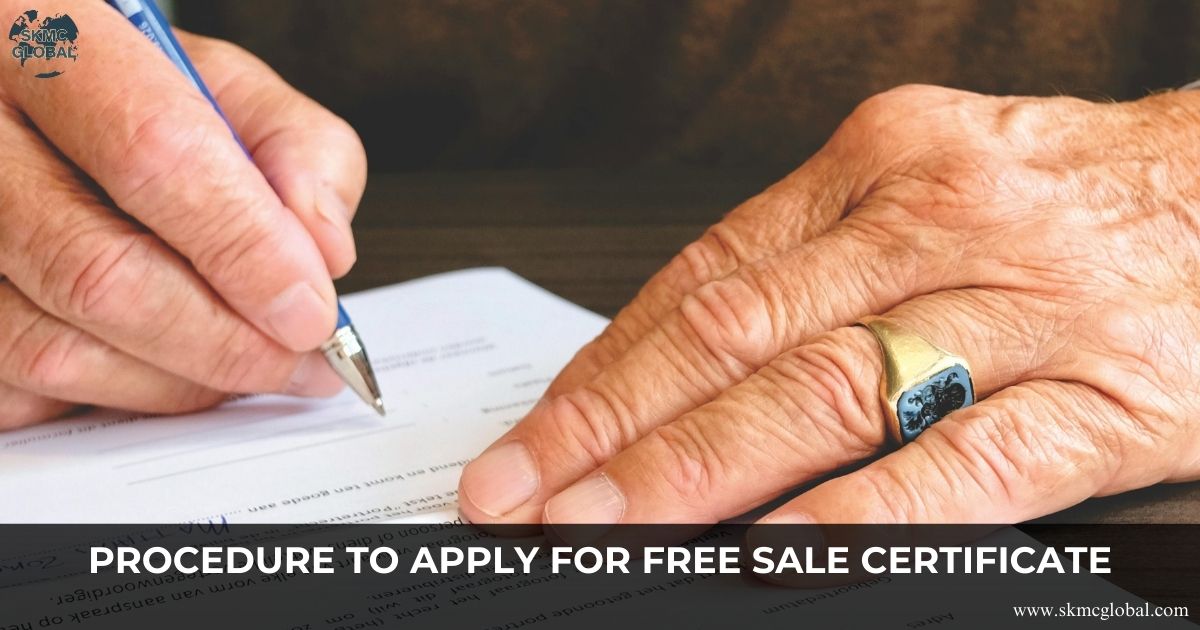 Procedure to Apply for Free Sale Certificate...
Dec 05,2025
Procedure to Apply for Free Sale Certificate...
Dec 05,2025
-
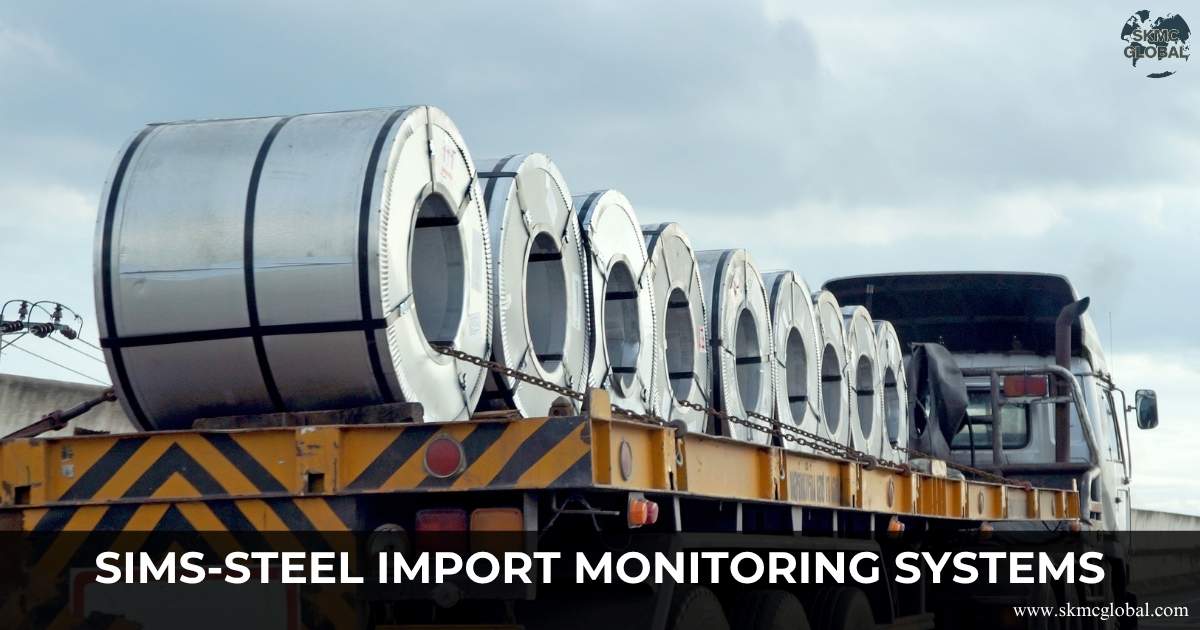 What is SIMS and When It Is Required?...
Nov 10,2025
What is SIMS and When It Is Required?...
Nov 10,2025
-
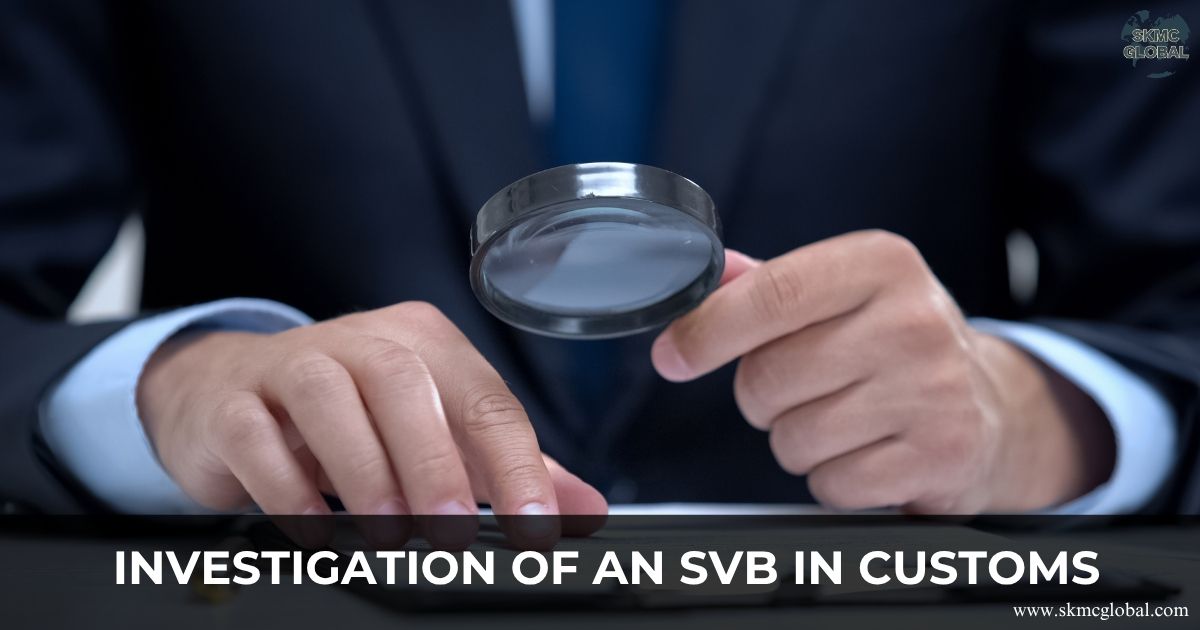 What if your SVB investigation does not satisfy cu...
Nov 04,2025
What if your SVB investigation does not satisfy cu...
Nov 04,2025
-
 Mastering HSN Characterization for Importers...
Oct 29,2025
Mastering HSN Characterization for Importers...
Oct 29,2025
-
 What is IGCR and How to Take the Benefit?...
Oct 18,2025
What is IGCR and How to Take the Benefit?...
Oct 18,2025
-
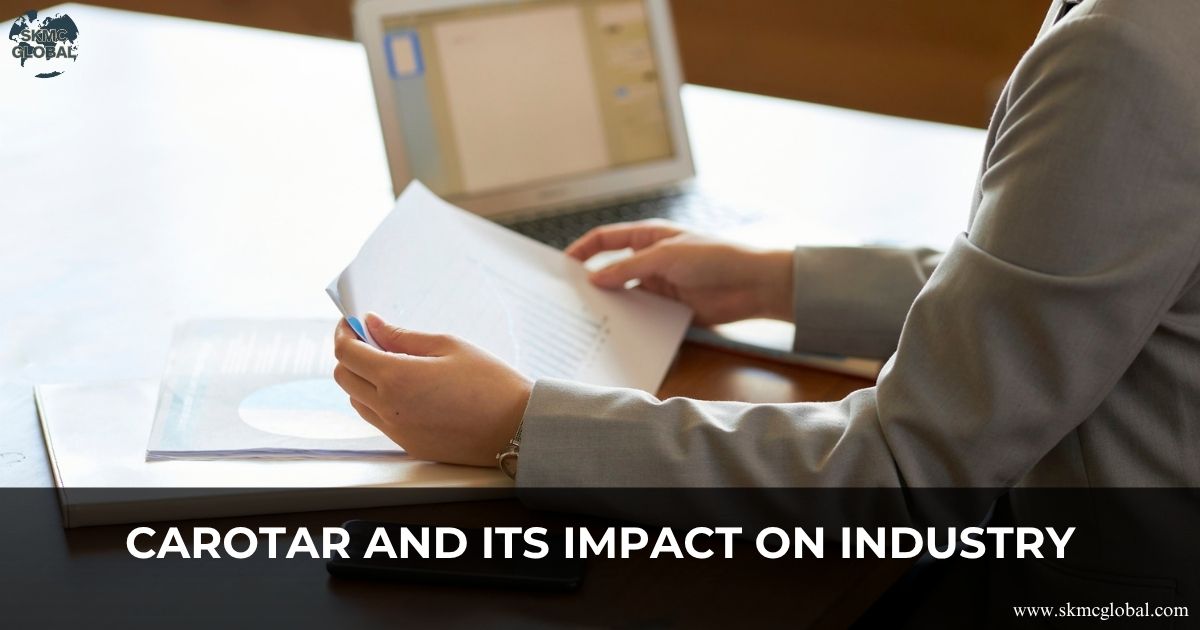 What is CAROTAR and Its Impact on Industry?...
Oct 15,2025
What is CAROTAR and Its Impact on Industry?...
Oct 15,2025
-
 India’s Free Trade Agreement with Europe ...
Oct 14,2025
India’s Free Trade Agreement with Europe ...
Oct 14,2025
-
 Comprehensive Economic Partnership Agreement of In...
Oct 13,2025
Comprehensive Economic Partnership Agreement of In...
Oct 13,2025
-
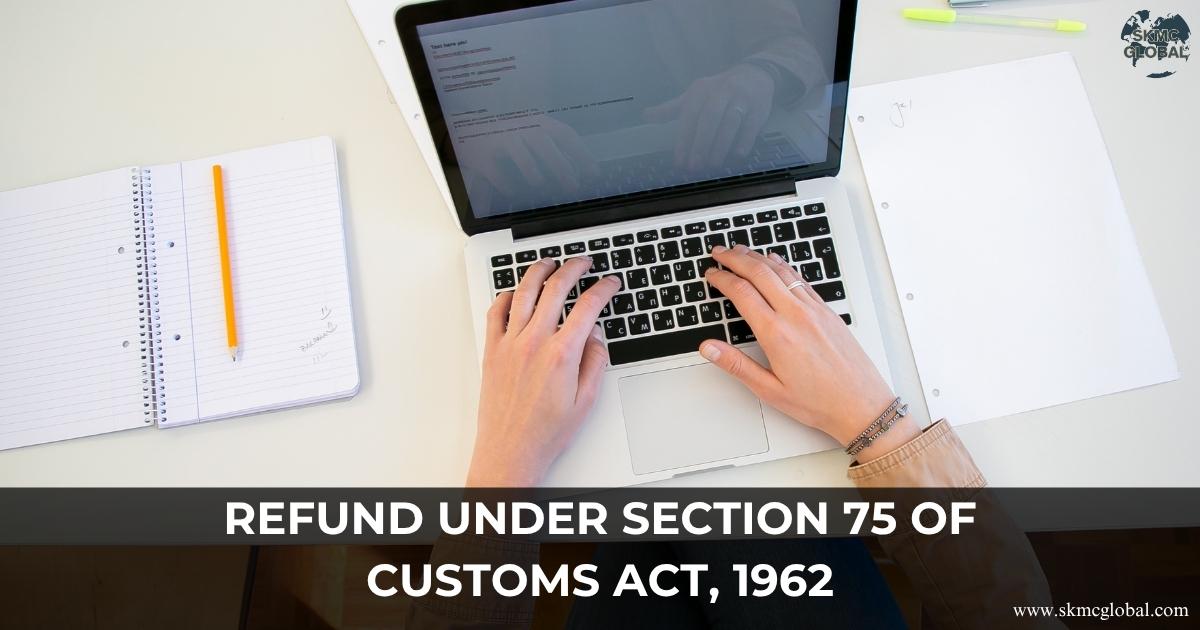 Refund under Section 75 of Customs Act, 1962...
Oct 11,2025
Refund under Section 75 of Customs Act, 1962...
Oct 11,2025
-
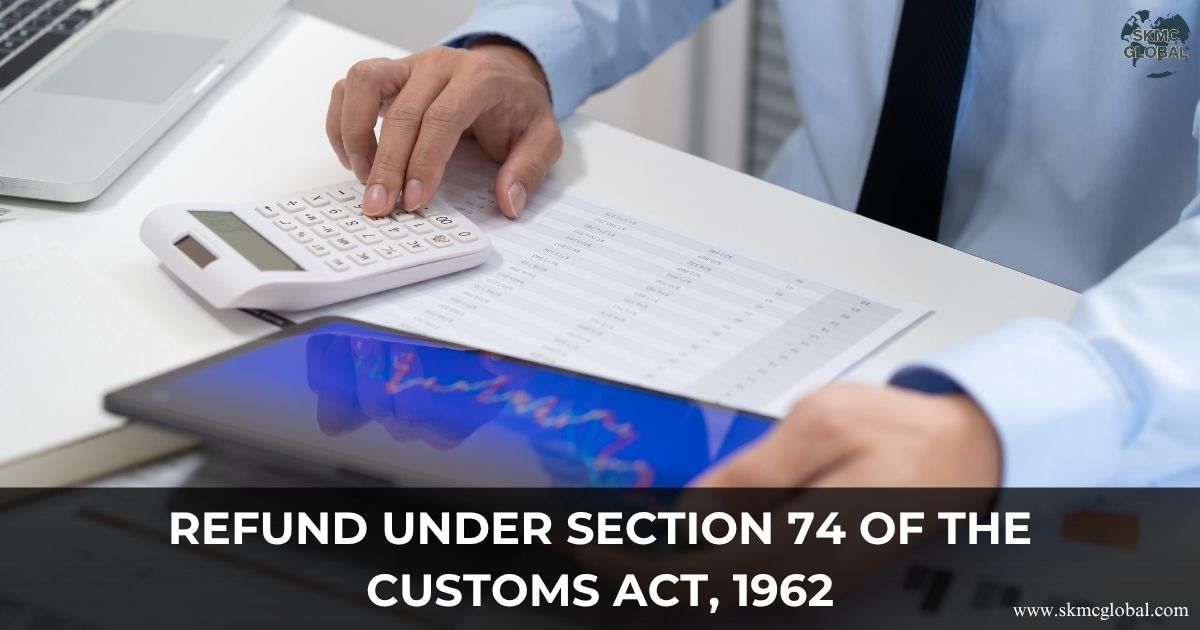 Refund under Section 74 of the Customs Act, 1962...
Oct 10,2025
Refund under Section 74 of the Customs Act, 1962...
Oct 10,2025
-
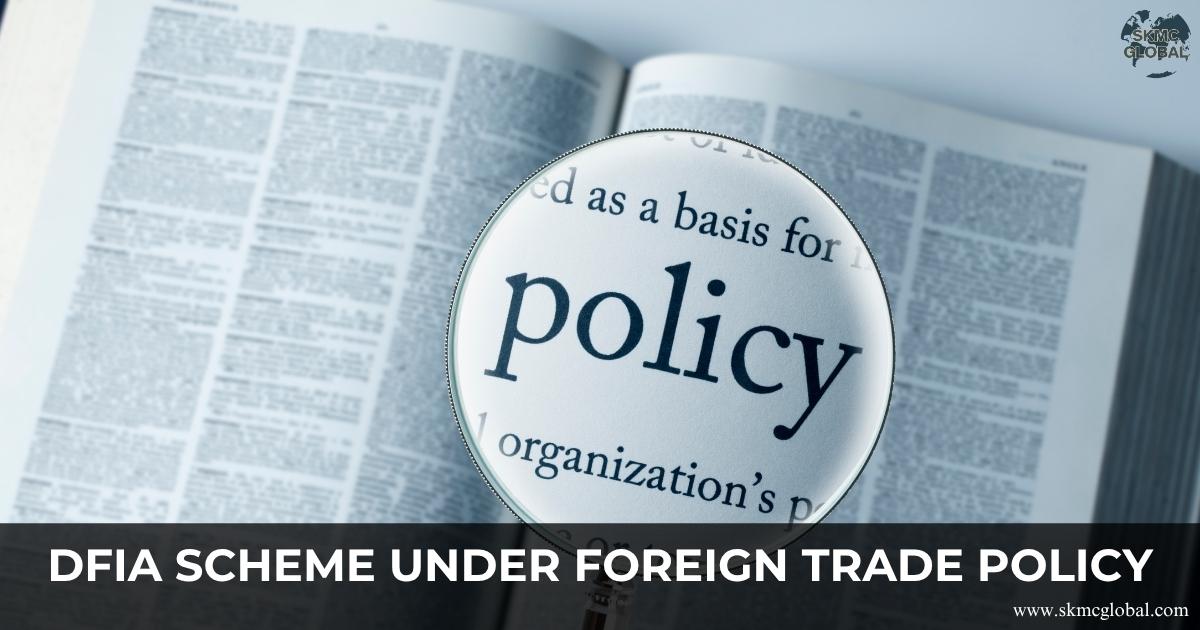 All About DFIA Scheme under Foreign Trade Policy...
Oct 07,2025
All About DFIA Scheme under Foreign Trade Policy...
Oct 07,2025
-
 Navigating BEPS 2.0: Pillar One & Pillar Two in Tr...
Aug 16,2025
Navigating BEPS 2.0: Pillar One & Pillar Two in Tr...
Aug 16,2025
-
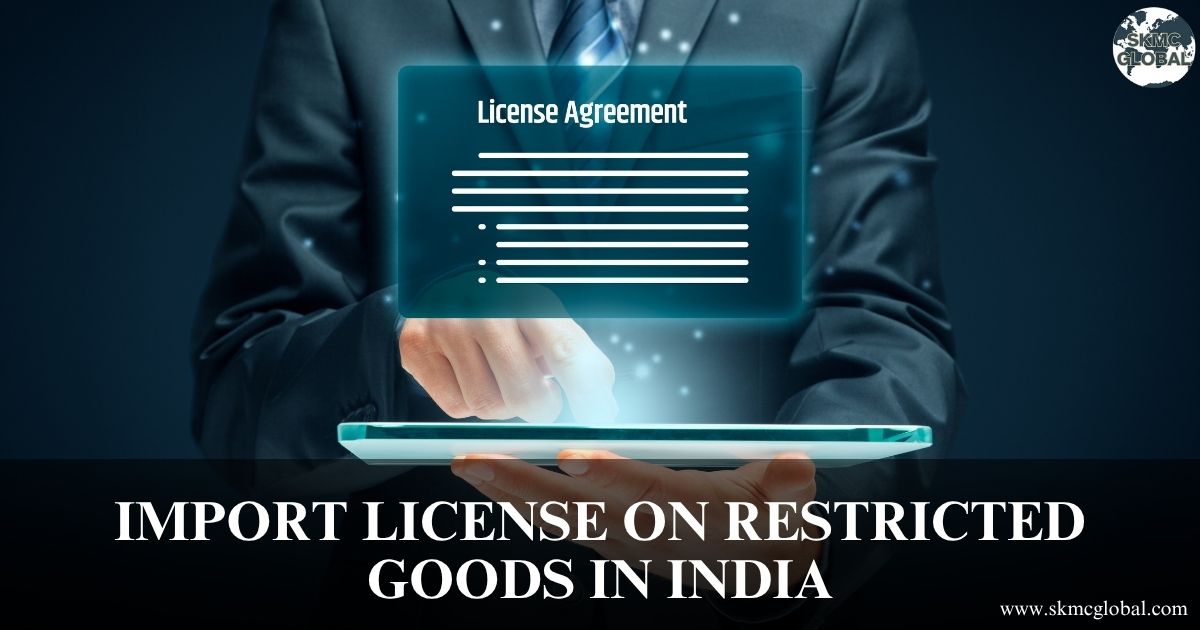 Import license on restricted goods in india...
Aug 07,2025
Import license on restricted goods in india...
Aug 07,2025
-
 Procedure to take ICEGATE Registration...
Aug 06,2025
Procedure to take ICEGATE Registration...
Aug 06,2025
-
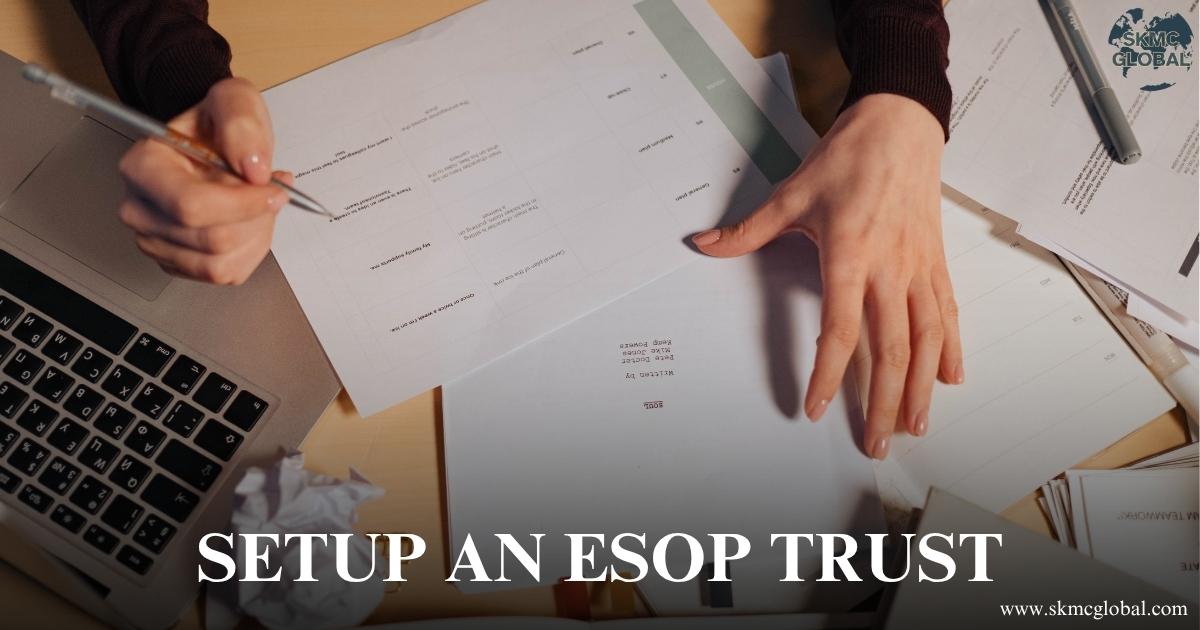 Procedure to setup an ESOP Trust...
Aug 01,2025
Procedure to setup an ESOP Trust...
Aug 01,2025
-
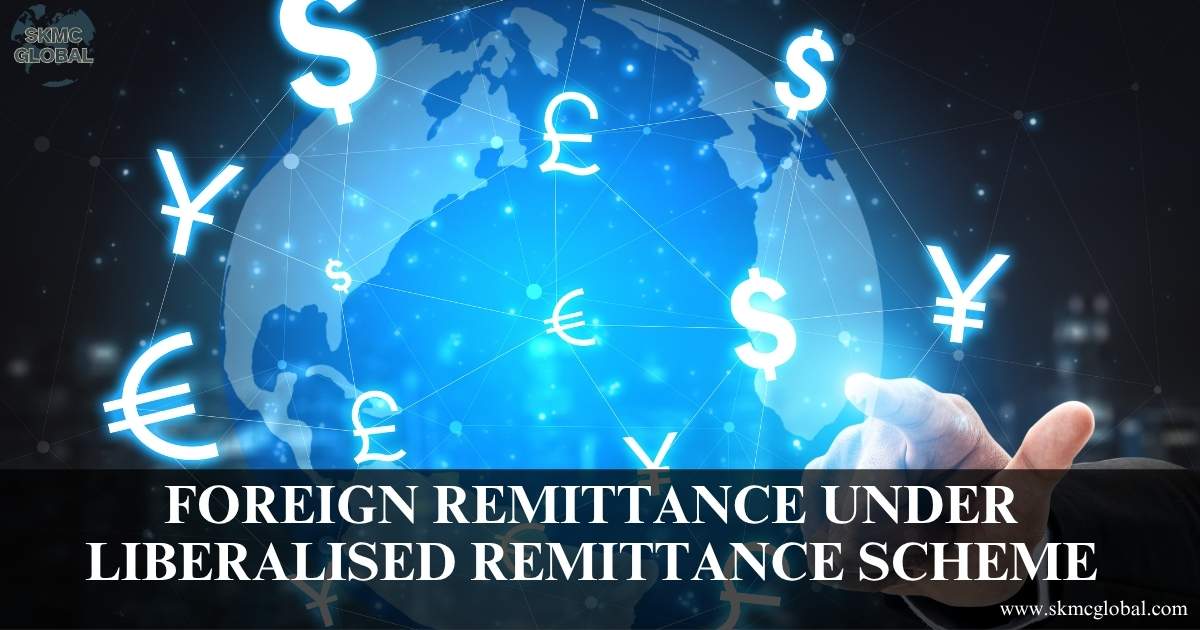 Foreign Remittance under liberalised remittance Sc...
Jul 30,2025
Foreign Remittance under liberalised remittance Sc...
Jul 30,2025
-
 A Step-by-Step Guide to Becoming a GCC AEO...
Jul 18,2025
A Step-by-Step Guide to Becoming a GCC AEO...
Jul 18,2025
-
 Role of Mutual Recognition Agreements under AEO an...
Jul 14,2025
Role of Mutual Recognition Agreements under AEO an...
Jul 14,2025
-
 What is Anti Dumping Duty investigation and its pr...
Jul 09,2025
What is Anti Dumping Duty investigation and its pr...
Jul 09,2025
-
 Annual return requirement under RoDTEP scheme of D...
Jul 09,2025
Annual return requirement under RoDTEP scheme of D...
Jul 09,2025
-
 EPCG Registration: A Step by step Guide for Indian...
Jul 08,2025
EPCG Registration: A Step by step Guide for Indian...
Jul 08,2025
-
 Why Logistics Outsourcing Is the Future of Smart S...
Jun 02,2025
Why Logistics Outsourcing Is the Future of Smart S...
Jun 02,2025
-
 India's Foreign Trade Agreement and Investment Tre...
May 31,2025
India's Foreign Trade Agreement and Investment Tre...
May 31,2025
-
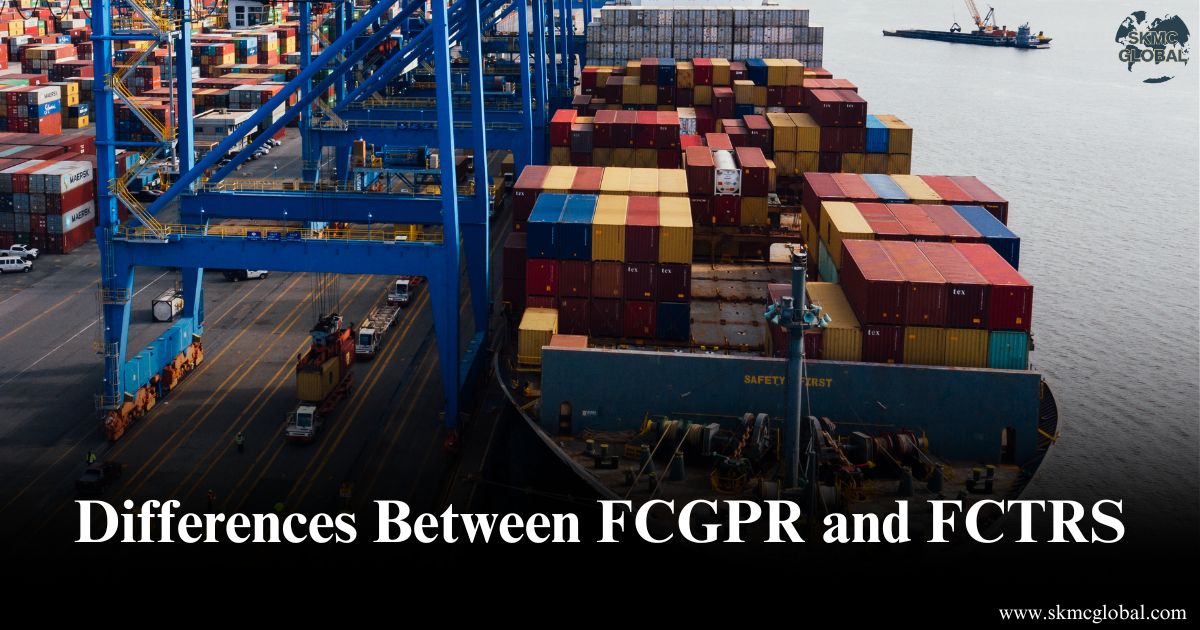 Differences Between FCGPR and FCTRS:A Comprehensiv...
May 28,2025
Differences Between FCGPR and FCTRS:A Comprehensiv...
May 28,2025
-
 Understanding FDI Norms- A Guide for Foreign Inves...
May 29,2025
Understanding FDI Norms- A Guide for Foreign Inves...
May 29,2025
-
 What you need to know about india's special econom...
May 27,2025
What you need to know about india's special econom...
May 27,2025
-
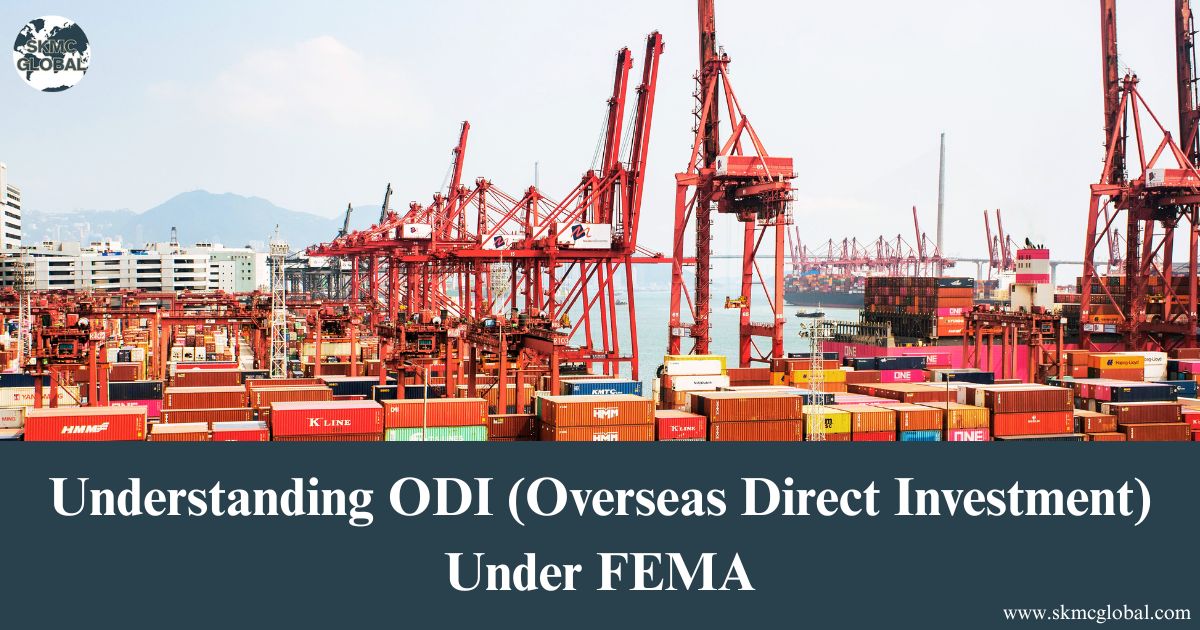 Understanding ODI (Overseas Direct Investment) Und...
May 26,2025
Understanding ODI (Overseas Direct Investment) Und...
May 26,2025
-
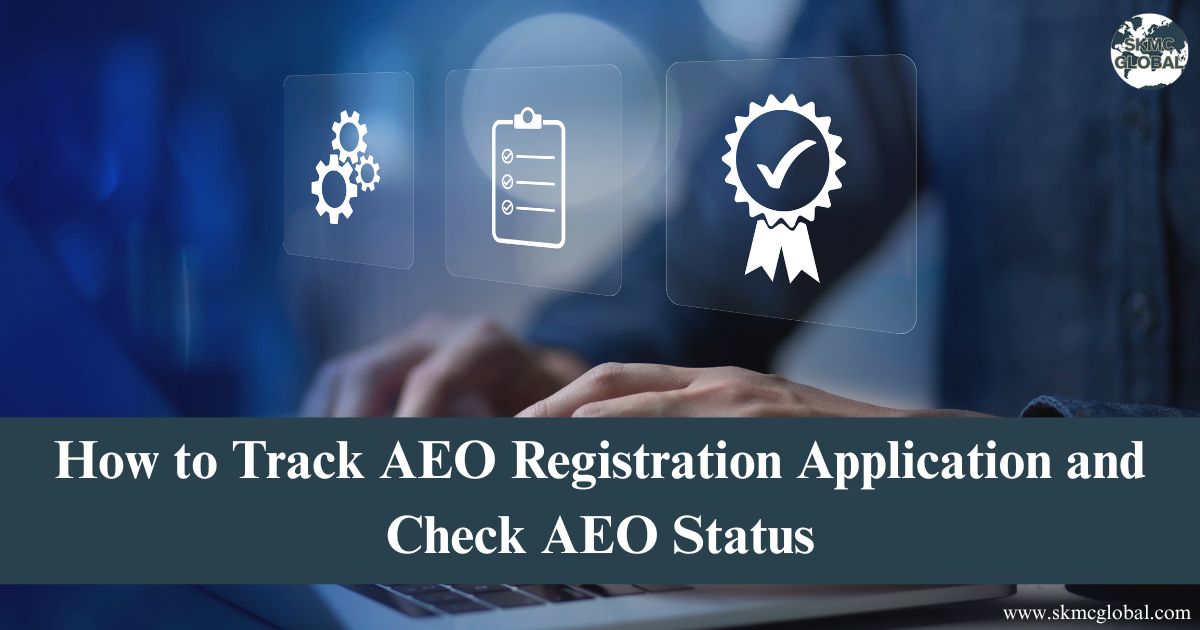 How to Track AEO Registration Application and Chec...
May 22,2025
How to Track AEO Registration Application and Chec...
May 22,2025
-
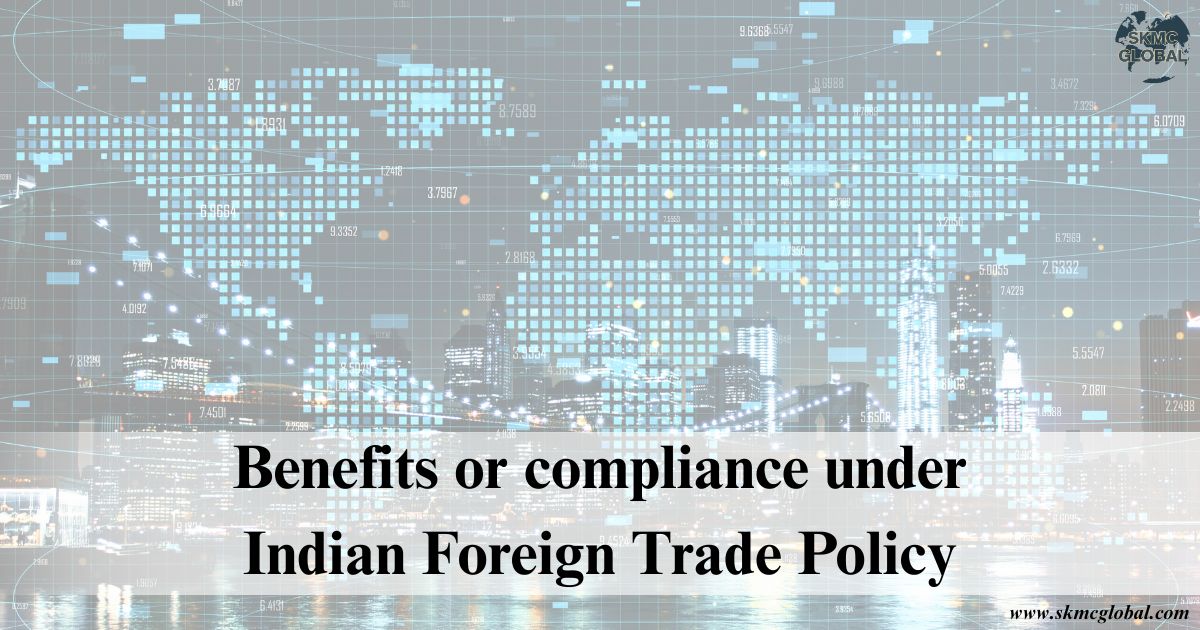 Benefits or compliance under Indian Foreign Trade ...
May 20,2025
Benefits or compliance under Indian Foreign Trade ...
May 20,2025
-
 AEO v/s Non-AEO: Key Differences and Why Your Busi...
May 19,2025
AEO v/s Non-AEO: Key Differences and Why Your Busi...
May 19,2025
-
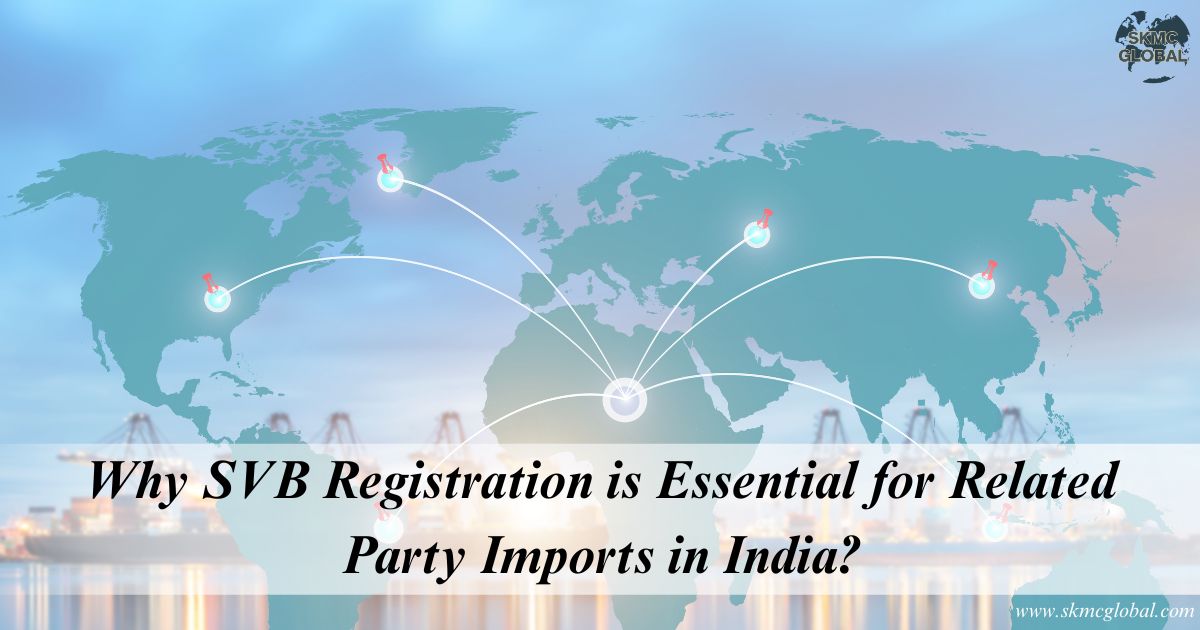 Why SVB Registration is Essential for Related Part...
May 19,2025
Why SVB Registration is Essential for Related Part...
May 19,2025
-
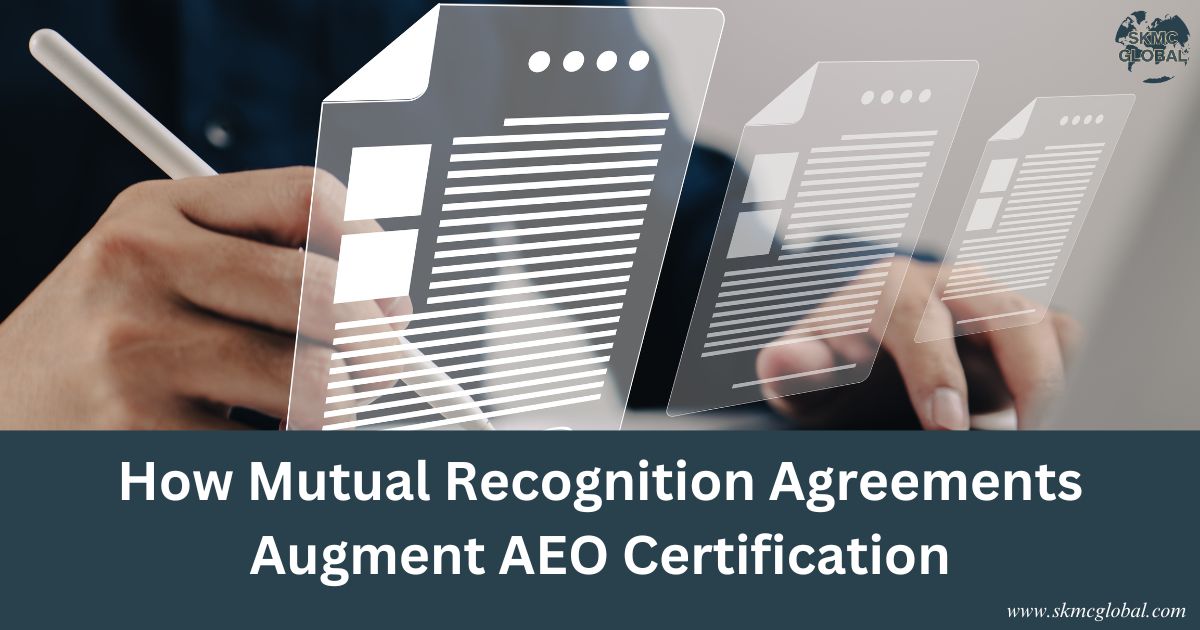 How Mutual Recognition Agreements Augment AEO Cert...
May 15,2025
How Mutual Recognition Agreements Augment AEO Cert...
May 15,2025
-
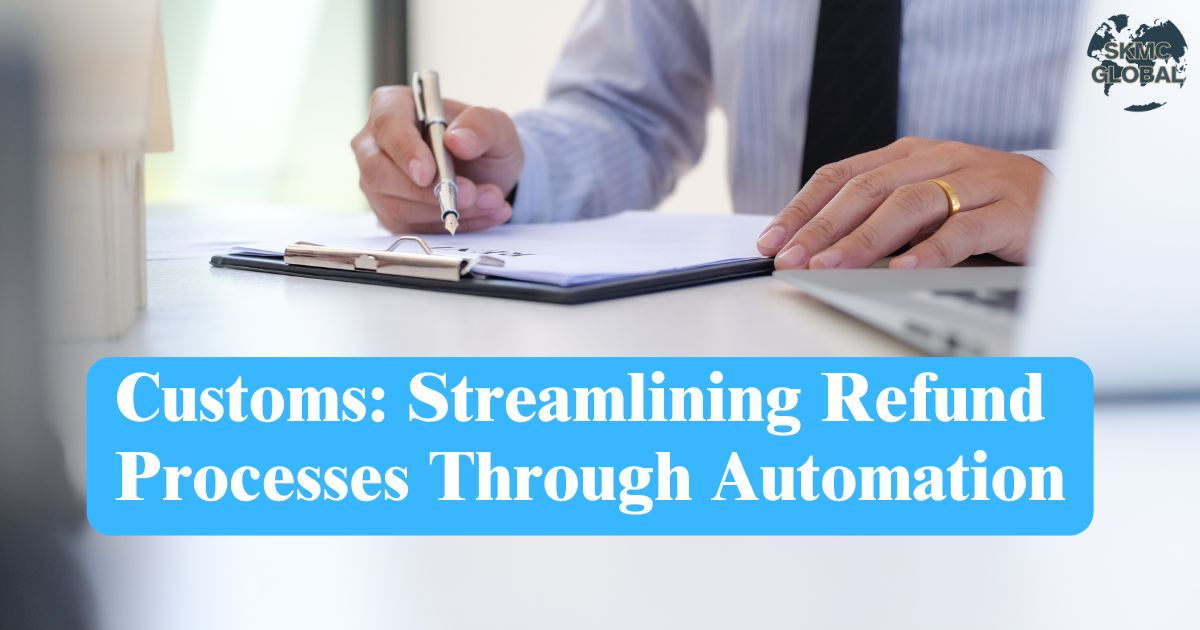 Customs Streamlining Refund Processes Through Auto...
Mar 17,2025
Customs Streamlining Refund Processes Through Auto...
Mar 17,2025
-
 Ekal Anubandh-Single Unified Multi-Purpose Electro...
Mar 06,2025
Ekal Anubandh-Single Unified Multi-Purpose Electro...
Mar 06,2025
-
 Revised guidelines on SVB assessment and its speed...
Aug 26,2021
Revised guidelines on SVB assessment and its speed...
Aug 26,2021
-
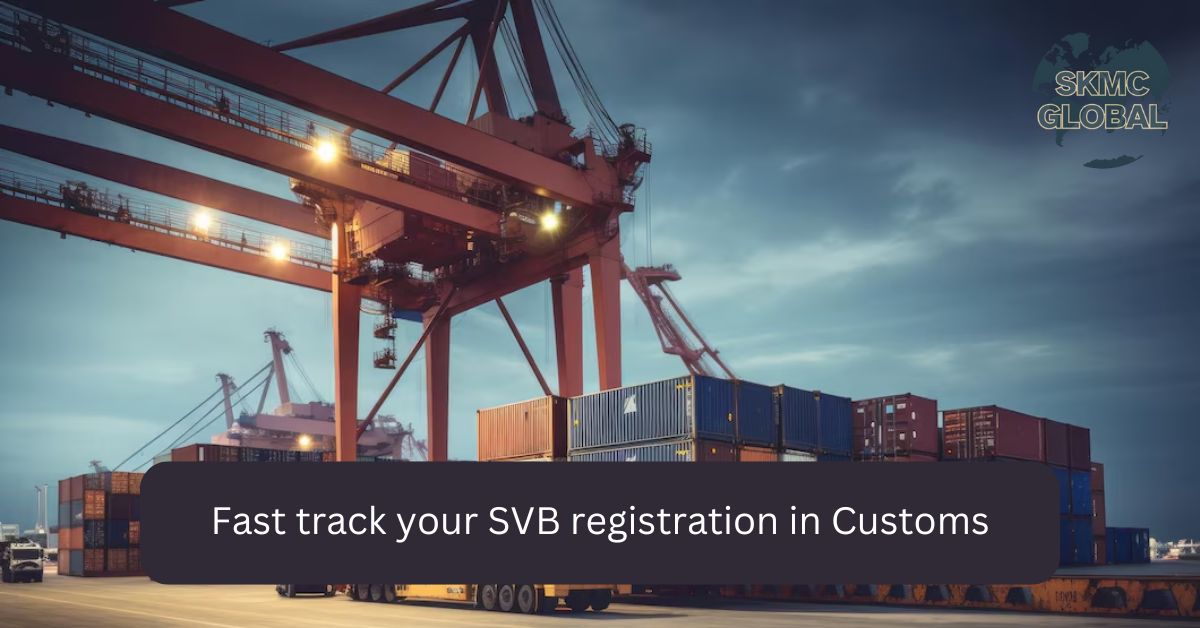 5 ways about how you can fast track your SVB regis...
Jul 21,2021
5 ways about how you can fast track your SVB regis...
Jul 21,2021
-
 AEO Registration in UAE...
Nov 16,2021
AEO Registration in UAE...
Nov 16,2021
